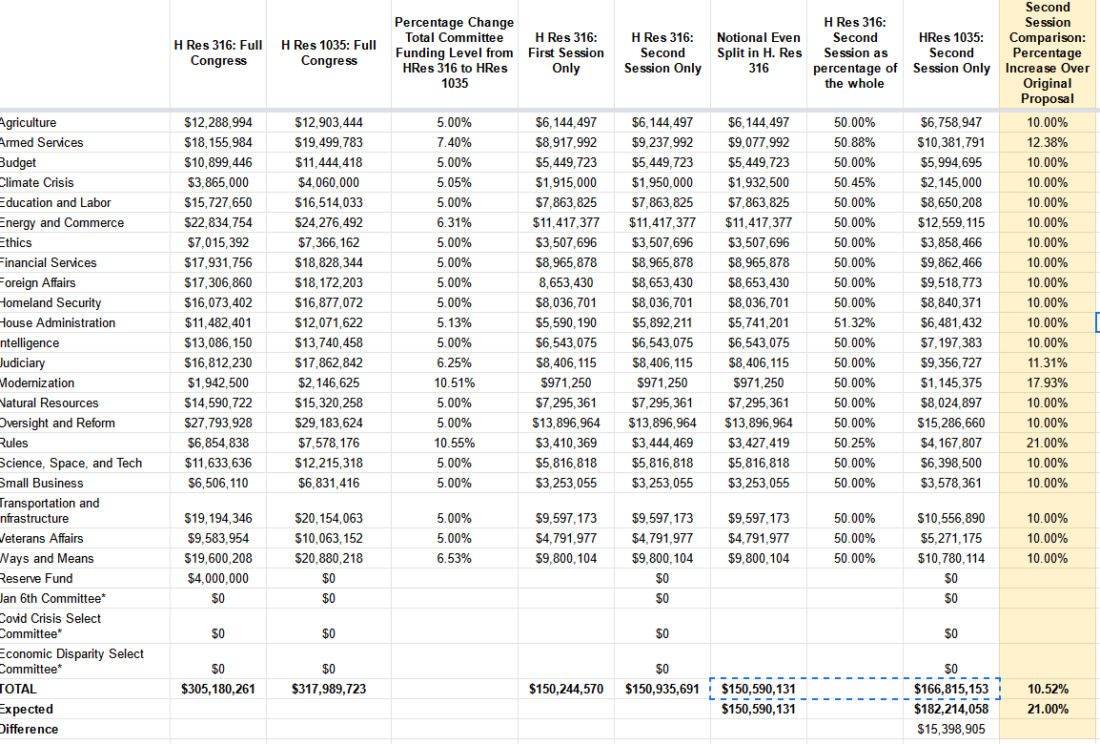“Today’s vote to allow House staff to unionize portends a significant advance in the working conditions for congressional staff and is a high point in efforts to restore Congress’s strength as a robust institution capable of working on behalf of the American people,” said Daniel Schuman, policy director, Demand Progress.
“In the wake of a series of revelations about mistreatment of congressional staff and in the aftermath of decades of neglect, House political and non-political staff will finally be able to organize and negotiate for better working conditions without fear of retaliation.
We applaud all the congressional staffers and particularly the Congressional Workers Union for their ceaseless advocacy in support of improving staff working conditions; we commend Representative Andy Levin for his championing of the congressional unionization resolution, co-sponsored by a wide array of Members of Congress; Representative Zoe Lofgren for conducting thorough oversight through the Committee on House Administration; and Speaker Pelosi and senior leadership for bringing the measure to the House floor.
In combination with adjusting office funding levels by 21%, providing significant investments in Congress’s oversight capabilities, ensuring that no staffer earns below a living wage, and strengthening workplace protections, this House of Representatives has done more to strengthen the Legislative Branch than any Congress in the last 30 years.”

